First Things First provides you with a compass, because where you’re headed is more important than how fast you’re going.
Learning to put the first things first is a lesson that most of us learn late or never until it is too late. First things first is a phrase that signifies the need to do the most important things before doing other activities. It is synonymous with the word priority, which is something that is more important than other things and needs to be done or dealt with first. Knowing the first things is a question of your priority, value system, life philosophy and goals. Whenever someone says they don’t have time to read or go to the gym, they announce their priority. To achieve any worthwhile goal, one has to keep the first things first. Exercising should be a priority to give yourself a fighting chance to be alive for a long time. To change the direction of your life, reading, studying and getting things done should be a priority.
To live a more balanced existence, you have to recognize that not doing everything that comes along is okay. There’s no need to overextend yourself. All it takes is realizing that it’s all right to say no when necessary and then focus on your highest priorities.
One of the most challenging parts of achieving most goals is remembering why you started in the first place and always keeping the first things first. Success is never guaranteed, and struggle is guaranteed, but if you put in your best effort, the universe usually conspires to help you get to your destination. As author and motivational speaker Jim Rohn once said, “Learn how to separate the majors and the minors. A lot of people don’t do well simply because they major in minor things.” We often focus on the minor things of life, the short term, instead of the long term. Delaying gratification, having patience and concentrating on the big picture are valuable skills in our ever-hyperconnected world.
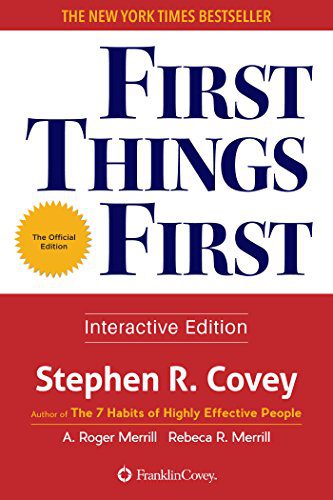
The Big Rock Theory
American author Dr. Stephen R. Covey popularized the Big Rock Theory in his book First Things First. He remarks that the key is not to prioritize what’s on your schedule but to schedule your priorities. In the video below, Covey demonstrates how a paradigm shift can help you achieve the big things on your to-do lists while managing the little things.
The Big Rocks
If we endeavor to put in the big rocks first, they would be room for pebbles, sand, and water. But if we put the sand, pebble and water first, there won’t be room for the big rocks. The key to getting things done is to schedule and prioritize the big rocks in your life, such as Family, Medical checkups, writing or practice sessions.
The Big Rocks are the really important things of life such as your health, family and well meaning realtionships. Taking care of the big rocks of your life would make taking care of the pebbles, sand and water effortless.
- Family Time – Schedule and create time to spend with your family
- Doctor Appointments
- Writer – Stick to a routine for writing daily.
- Musician – Schedule time to rehearse and hone your talent.
The Pebbles
The pebbles are the other important things in your life but they are not as important as the big rocks. They include work, school, material posessions: your car and home. They also require nuturing but not to be given priority over the big rocks.
The Sand
The sand includes everything else, the small stuff, things you can do without; they really do not add much value in the long run. They include TV and news watching, Checking Social Media and E-mail intermittently, phone calls, constant pings on our phone, and the notifications that keep us distracted from getting things done daily.
If you focus your energy and time on the small things/trivialities (Sand) of life, there would never be room for the essential things in life (Big Rocks). So the key to becoming effective and getting things done is to focus on the important things first. Schedule/set your priorities; the rest is just pebble and sand.
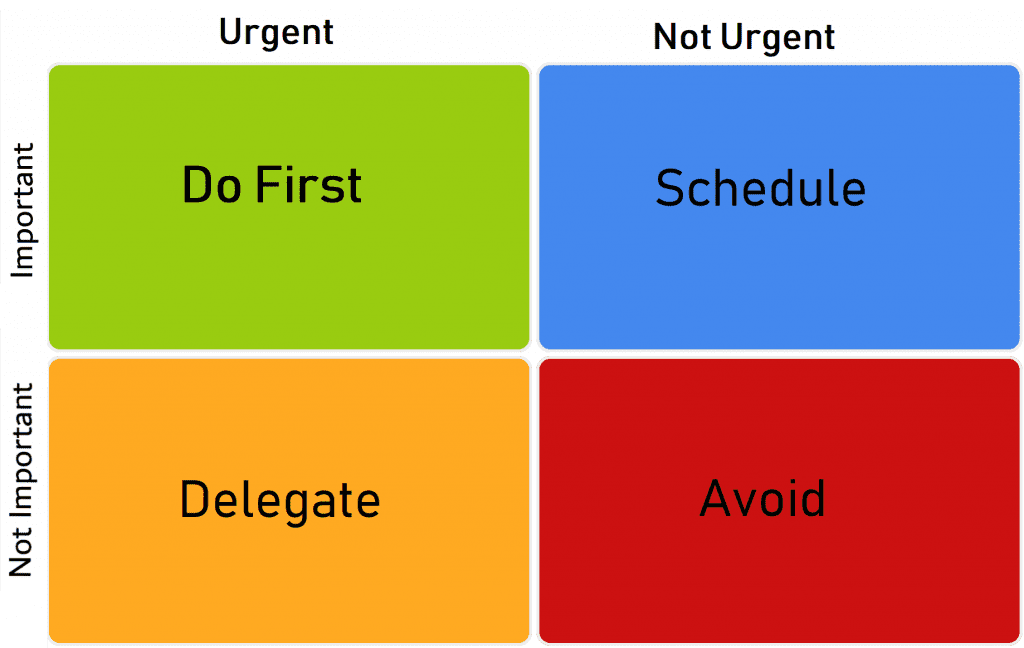
Dwight D. Eisenhower was the 34th president of the United States from 1953 to 1961. By using the Eisenhower Decision Principle, every task is evaluated using the criteria important/unimportant and urgent/not urgent, and then placed in according quadrants in an Eisenhower Matrix. The 2×2 matrix classifies tasks as urgent and non-urgent on one axis, and important or non-important on the other axis.
A time management framework for prioritizing work that is aimed at long-term goals, at the expense of tasks that appear to be urgent, but are in fact less important.
- Important/Urgent quadrant tasks are done immediately and personally e.g. finishing a client project, Picking up your sick kid from school, crises, deadlines.
- Important/Not Urgent quadrant tasks are activities that get you closer to your goals but without a set deadline e.g. personal development, relationships, exercising, planning, recreation
- Unimportant/Urgent quadrant tasks are delegated, e.g. interruptions, responding to some emails meetings, activities.
- Unimportant/Not Urgent quadrant tasks are eliminated e.g. time wasters, watching TV, eating junk food pleasant activities, trivia.
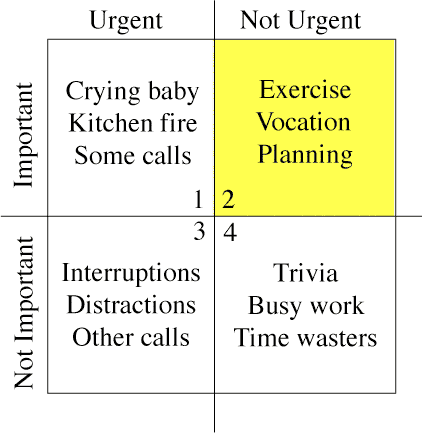
“The wisdom of life consists in the elimination of non-essentials.” —Lin Yutang.
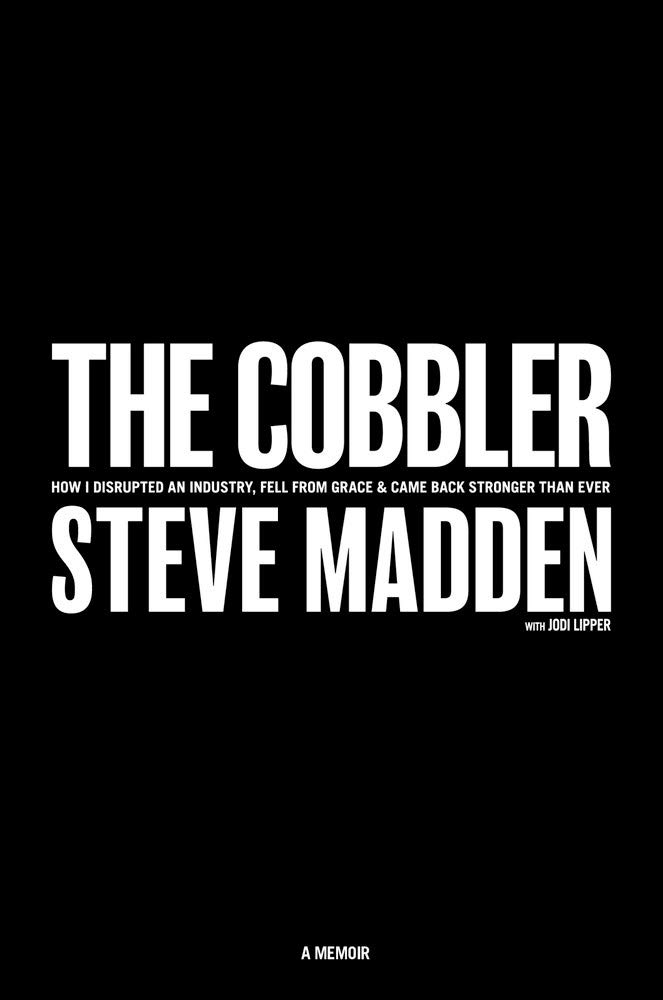
In his memoir, The Cobbler: How I Disrupted an Industry, Fell From Grace, and Came Back Stronger Than Ever, American fashion designer and entrepreneur Steve Madden remarked that first things first is one of the most important lessons he learned from his father. He writes:
My dad was something of an egomaniac—he drank too much, and he was hard on me, but he was a good man. I may have judged my father harshly when I was younger, but now I see him for what he was: a poor boy who never went to college, who was cut off from his family, and who worked like a dog to provide for his kids.
He taught me my single most valuable business lesson, and that is, first things first. You have to take care of the fundamentals—putting food on the table, paying your bills—before anything else. He lived by that rule, and from the moment I started my business, I have too.
You have to take care of the fundamentals.
Meditations
Daily Calm with Tamara Levitt – Dreaming
- A new year presents an opportunity to look ahead with fresh eyes and dream of a future we want for ourselves. For some of us, looking ahead brings feelings of doubt and overwhelm. Too often, we are discouraged from dreaming big, we are told it is audacious, unrealistic to imagine the most magnificent version of our life.
- Indulge in uninhibited possibility, moving into a dreaming state beyond the boundaries of doubts and limits. Allow yourself to imagine and be inspired by what is possible. Envision your life evolving in whatever ways you wish large or small. Every great invention started in the imagination of someone who dared to imagine.
“Without leaps of imagination, or dreaming, we lose the excitement of possibilities. Dreaming, after all, is a form of planning.” – Gloria Steinem.
Daily Jay with Jay Shetty
Daily Trip with Jeff Warren
All the best in your quest to get better. Don’t Settle: Live with Passion.
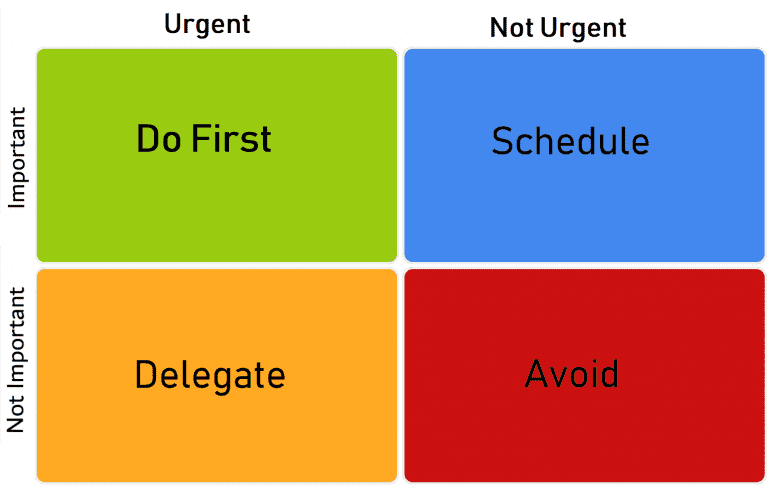


Comments are closed.